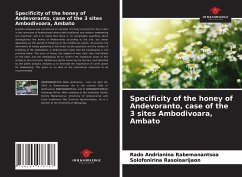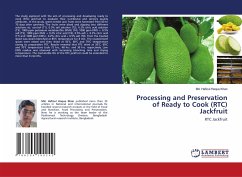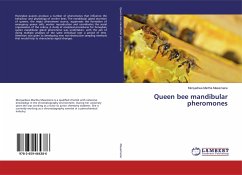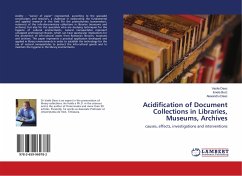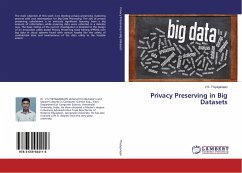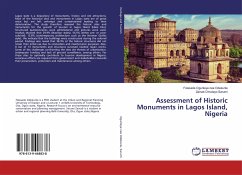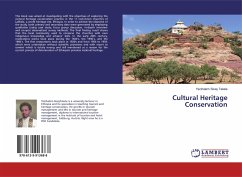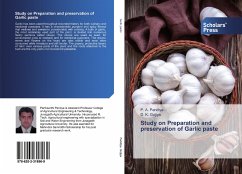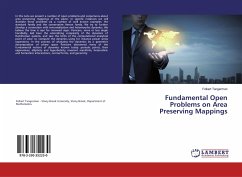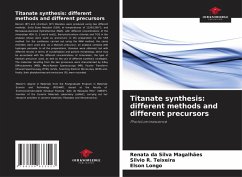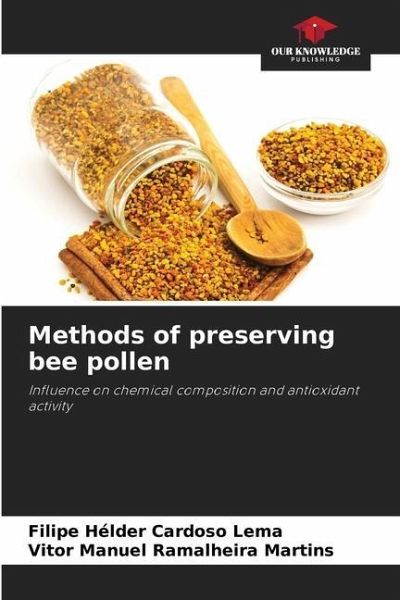
Methods of preserving bee pollen
Influence on chemical composition and antioxidant activity
Versandkostenfrei!
Versandfertig in 6-10 Tagen
40,99 €
inkl. MwSt.

PAYBACK Punkte
20 °P sammeln!
Bee pollen is an important product of the hive, with a chemical composition and biological properties, which vary according to the production region, age and botanical species of the plant from which the bee collects the pollen and agroecological conditions at the time of collection. The objective of the study was to evaluate the influence of preservation methods on the chemical composition and antioxidant activity of bee pollen preserved by freezing, freeze-drying and oven-drying techniques at 35ºC, 40ºC and 45ºC, during 9 months of storage. Thus, the contents of moisture, ash, protein, fa...
Bee pollen is an important product of the hive, with a chemical composition and biological properties, which vary according to the production region, age and botanical species of the plant from which the bee collects the pollen and agroecological conditions at the time of collection. The objective of the study was to evaluate the influence of preservation methods on the chemical composition and antioxidant activity of bee pollen preserved by freezing, freeze-drying and oven-drying techniques at 35ºC, 40ºC and 45ºC, during 9 months of storage. Thus, the contents of moisture, ash, protein, fat, sugars and total phenolic compounds were evaluated, in addition to the antioxidant activity by the DPPH method and reducing power, immediately after the application of each preservation technique after 1, 3, 6 and 9 months. In general, considering the maintenance of the nutritional value of the pollen, freeze-drying proved to be the most appropriate preservation technique, having, however, amore evident negative impact on the content of total phenolic compounds and antioxidant activity of the pollen, when compared to the oven-drying technique at the highest temperature, i.e. 45°C.



